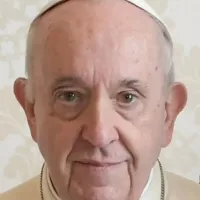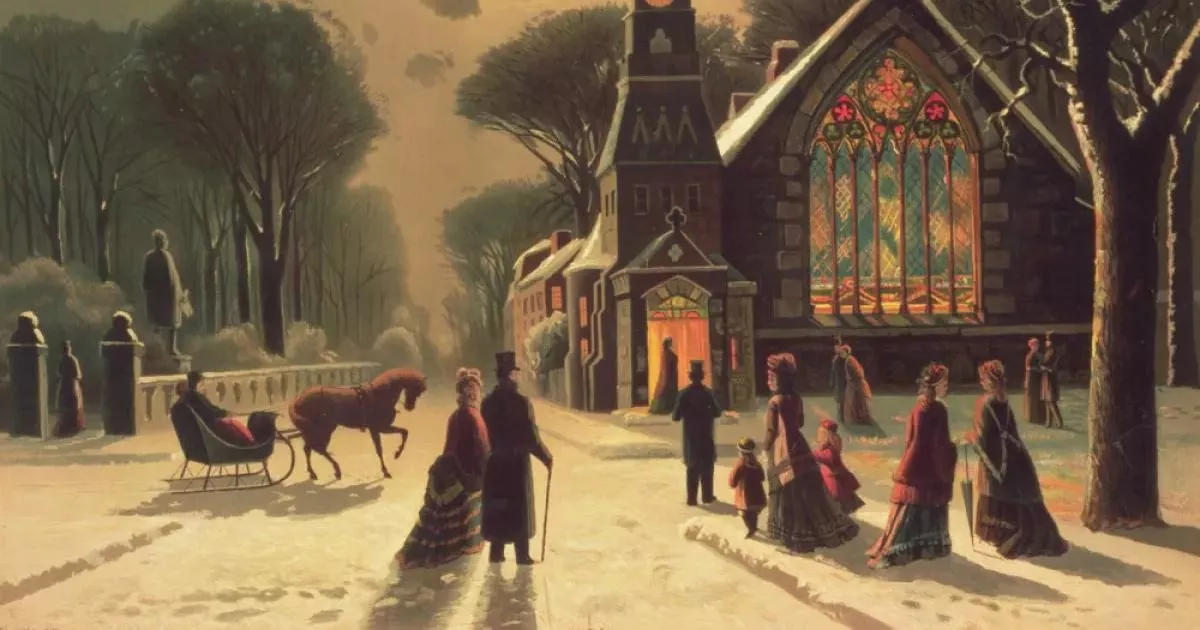Christmas Eve is the day or evening preceding Christmas Day, the celebration of Jesus Christ's birth. Observed globally, Christmas Eve is often a full or partial holiday in anticipation of Christmas Day. Both days hold immense cultural significance within Christendom and Western society, representing a pivotal period in the Christian calendar and Western traditions.
December 1914: Christmas Truce of World War I
On December 24, 1914, during World War I, an unofficial Christmas truce occurred between British and German troops. Soldiers exchanged greetings, gifts, and held joint burial services. The truce continued into 1915 despite disapproval from higher command.
1946: "Chinese and a Movie" Tradition Emerges
Around 1946, a new Christmas Eve tradition emerged, often involving dinner at a Chinese restaurant and watching a movie, sometimes the 1946 film "It's a Wonderful Life."
December 1968: Apollo 8 Genesis Reading
On December 24, 1968, the Apollo 8 astronauts read from the Book of Genesis while orbiting the Moon, in what was the most-watched television broadcast at the time.
1969: Commemorative Apollo 8 Stamp
In 1969, the US Postal Service released a stamp featuring the Earthrise photograph taken by Apollo 8 on Christmas Eve 1968 and the words "In the beginning God...".
2009: Midnight Mass at the Vatican
In 2009, the Vatican scheduled the Midnight Mass to begin at 10 p.m. to accommodate the 82-year-old Pope Benedict XVI.
Mentioned in this timeline

It's a Wonderful Life directed by Frank Capra tells the...

Christmas is an annual festival celebrated on December th commemorating...

Books are a means of storing information as text or...

War is defined as an armed conflict involving the armed...

The Pope is the Bishop of Rome and the head...
Cuba is an island country in the Caribbean consisting of...
Trending

2 minutes ago Tsitsipas criticizes ATP over broken promises and inhumane Masters 1000 format.

1 hour ago Priyanka Chopra shines at Harvard, credits Bollywood stars for Hollywood success.

2 hours ago Civil Rights Icon Jesse Jackson Passes Away at 84: A Legacy Remembered

1 day ago Democrats and Europe grapple with Trump's impact; Newsom says Trump unified Europe.

2 hours ago Elise Mertens faces Emma Navarro in WTA Dubai 2026; Predictions and Odds

1 day ago Iva Jovic Inspired by Djokovic, Competes in WTA Dubai, Faces Anisimova.
Popular
Randall Adam Fine is an American politician a Republican who...

Pam Bondi is an American attorney lobbyist and politician currently...

Kid Rock born Robert James Ritchie is an American musician...

Barack Obama the th U S President - was the...
The Winter Olympic Games a major international multi-sport event held...

XXXTentacion born Jahseh Dwayne Ricardo Onfroy was a controversial yet...
